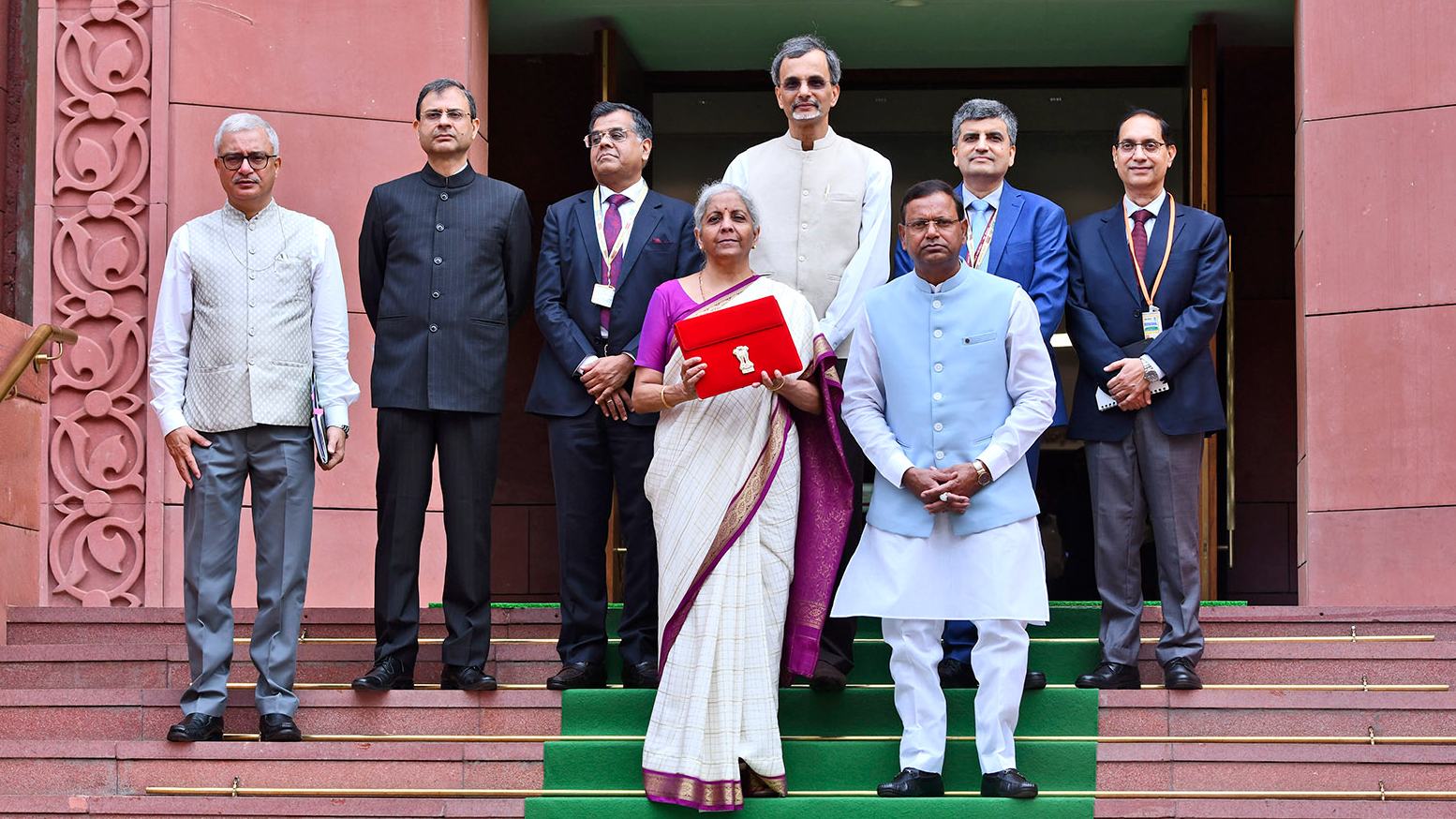
NEW DELHI - India will focus on boosting middle-class spending power, encouraging inclusive development and boosting private investment to strengthen growth, Finance Minister Nirmala Sitharaman said on Saturday, announcing the annual budget.
Measures to assist the poor, youth, farmers and women will also be included in the budget for 2025-26, said Sitharaman, highlighting plans for "transformative reforms in taxation".
The world's fifth-largest economy is expected to post its slowest growth in four years amid frail urban demand and weak private investment.
The country's chief economic adviser, in a report released on Friday, forecast India's economy would remain sluggish in the fiscal year beginning April 1, advocating long-delayed reforms in areas such as land and labour to boost medium-term growth.
While near-term growth is in line with the 10-year average, India needs a growth rate of 8 percent to meet its longer-term economic goals and create enough jobs for its large, youthful population.
Economists have suggested the government ease the burden on individuals through tax cuts on income and energy products and to build on the $24 billion programme of job creation schemes announced in the first post-election budget in July.
ALSO READ: India marks 100th launch sending navigation satellite NVS-02 into orbit
Measures will be announced across urban development, the power and mining sectors, Sitharaman said.
Equity markets were trading flat as details of the announcements were awaited.
Myanmar's ruling military has extended a state of emergency for another six months, state media reported on Friday.
The Nifty 50 and the BSE Sensex were both up around 0.3 percent as of 11:17 am IST.
India has faced a bout of high food inflation over the past year. Retail inflation in December eased to a four-month low of 5.2 percent but inflation in food, which accounts for nearly half of the consumption basket, continued to remain high at 8.39 percent in December.
To boost productivity across the farm sector, the government will launch a national mission to push high yielding crops, with a special focus on pulses and cotton production.
To help farmers, the limit for subsidised credit has been raised to 500,000 Indian rupees ($5,778) from 300,000 rupees earlier.


